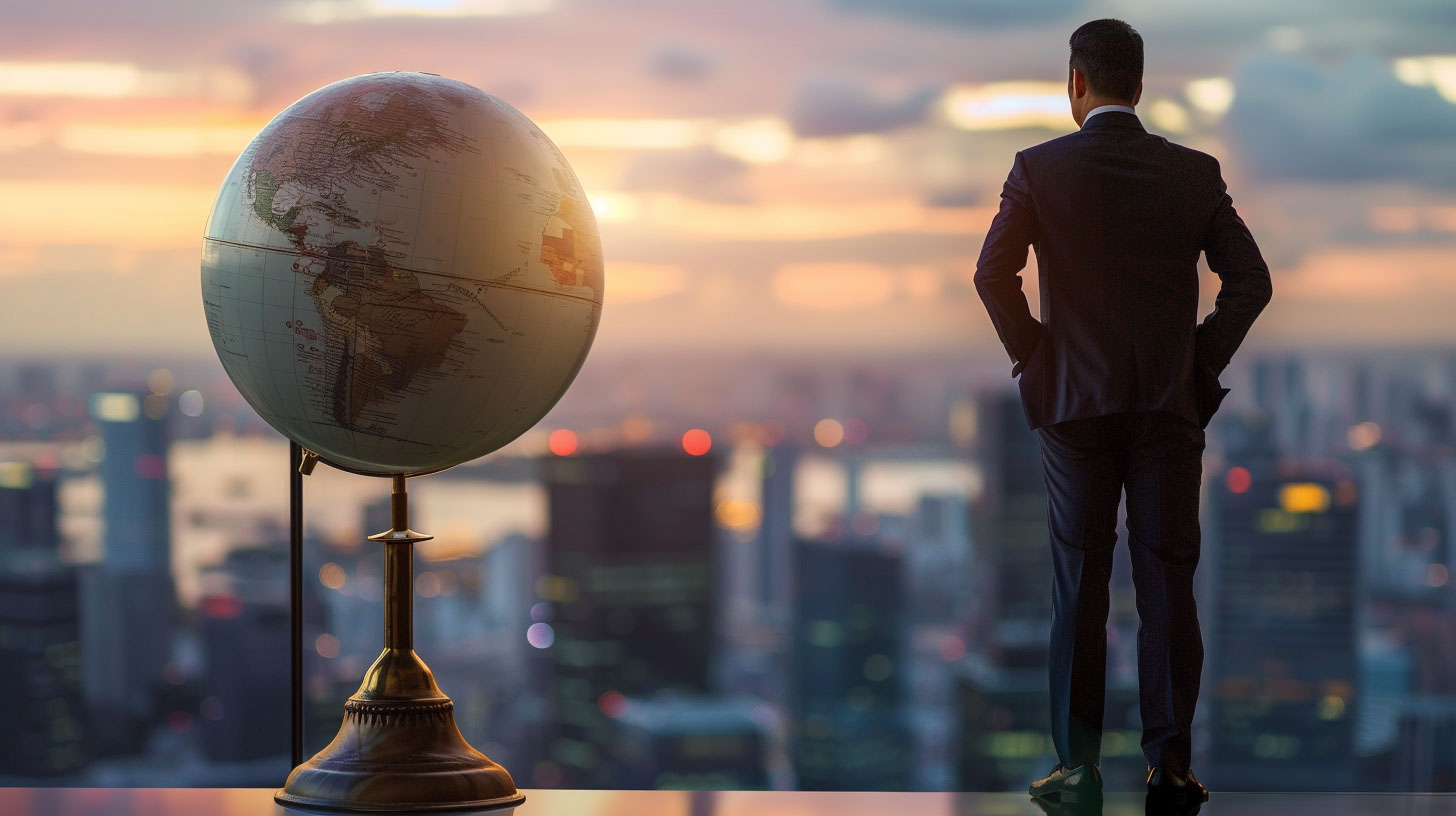Cameroon, a country located in Central Africa, is often celebrated for its cultural diversity, rich history, and vibrant landscape, ranging from coastal plains to mountains and rainforests. Despite its vibrant cultural backdrop, Cameroon is also a country facing significant challenges in governance, human rights, and legal equality. Non-Governmental Organizations (NGOs) play a pivotal role in addressing these challenges, particularly in the realm of legal advocacy.
#### The Landscape of Legal Advocacy in Cameroon
In Cameroon, the legal system is based on a combination of French civil law, English common law, and customary law. This blending of legal traditions can often result in complexities and inconsistencies in the administration of justice. Furthermore, issues such as corruption, limited access to legal resources, and the marginalization of certain groups compound these challenges.
**Legal advocacy** becomes crucial in this context as it aims to ensure that the rights of individuals are protected and that effective legal systems are in place. This is where NGOs step in, as they are often positioned to fill the gap between the general populace and the formal legal institutions.
#### Key Roles of NGOs in Legal Advocacy
1. **Awareness and Education**: One of the primary roles of NGOs is to educate and raise awareness among the public about their legal rights and the legal processes available to them. By organizing workshops, seminars, and community outreach programs, NGOs help demystify legal jargon and make legal knowledge more accessible.
2. **Legal Assistance and Representation**: Many NGOs provide direct legal assistance to those who cannot afford legal services. This includes offering pro bono legal representation, preparing legal documents, and guiding individuals through court procedures. In Cameroon, where poverty is a significant barrier to accessing justice, this role is particularly impactful.
3. **Policy Advocacy**: NGOs are instrumental in advocating for legal reforms and improvements in the legal system. They often engage with government bodies, submit policy recommendations, and participate in legislative processes to drive changes that promote human rights and justice.
4. **Monitoring and Accountability**: NGOs play a critical role in monitoring the implementation of laws and holding authorities accountable. By documenting and reporting cases of injustice, corruption, or abuse of power, NGOs help ensure that legal systems remain transparent and accountable.
5. **Support for Vulnerable Groups**: Certain populations, such as women, children, and refugees, often face additional legal challenges. NGOs focus on providing targeted legal support to these vulnerable groups, advocating for their rights, and addressing specific issues such as domestic violence, child protection, and asylum seeking.
#### Challenges Faced by NGOs in Cameroon
Despite their crucial role, NGOs in Cameroon face multiple challenges. These include:
– **Limited Funding**: Many NGOs operate on tight budgets, relying heavily on international donors and limited local funding. This can restrict the scope and sustainability of their programs.
– **Political Pressure**: NGOs working on legal advocacy can sometimes face political pressure or interference, particularly when their work challenges powerful interests or exposes corruption.
– **Operational Difficulties**: Infrastructural barriers, such as poor roads and communication networks, can hinder the ability of NGOs to reach remote and underserved areas.
– **Security Concerns**: The sociopolitical tensions, especially in the Anglophone regions, pose significant security risks for NGO personnel working in these areas.
#### Case Studies of Successful NGO Advocacy
Several NGOs in Cameroon have achieved noticeable successes through their advocacy efforts. **The Centre for Human Rights and Democracy in Africa (CHRDA)**, for example, has played an influential role in advocating for the rights of the Anglophone population, documenting human rights abuses, and providing legal support to victims. **Women in Alternative Action (WAA Cameroon)** has also made significant strides in promoting gender equality and providing legal assistance to women and children.
#### Conclusion
Non-Governmental Organizations are indispensable actors in the field of legal advocacy in Cameroon. They bridge the gap between the populace and the legal system, promoting access to justice, legal education, and human rights protection. While facing numerous challenges, their impact on the legal landscape of Cameroon is profound and continues to drive progressive change in the country’s pursuit of justice and equality. As Cameroon continues to evolve, the role of NGOs in legal advocacy will remain a cornerstone in the nation’s journey towards a more just and equitable society.
Suggested Related Links:
